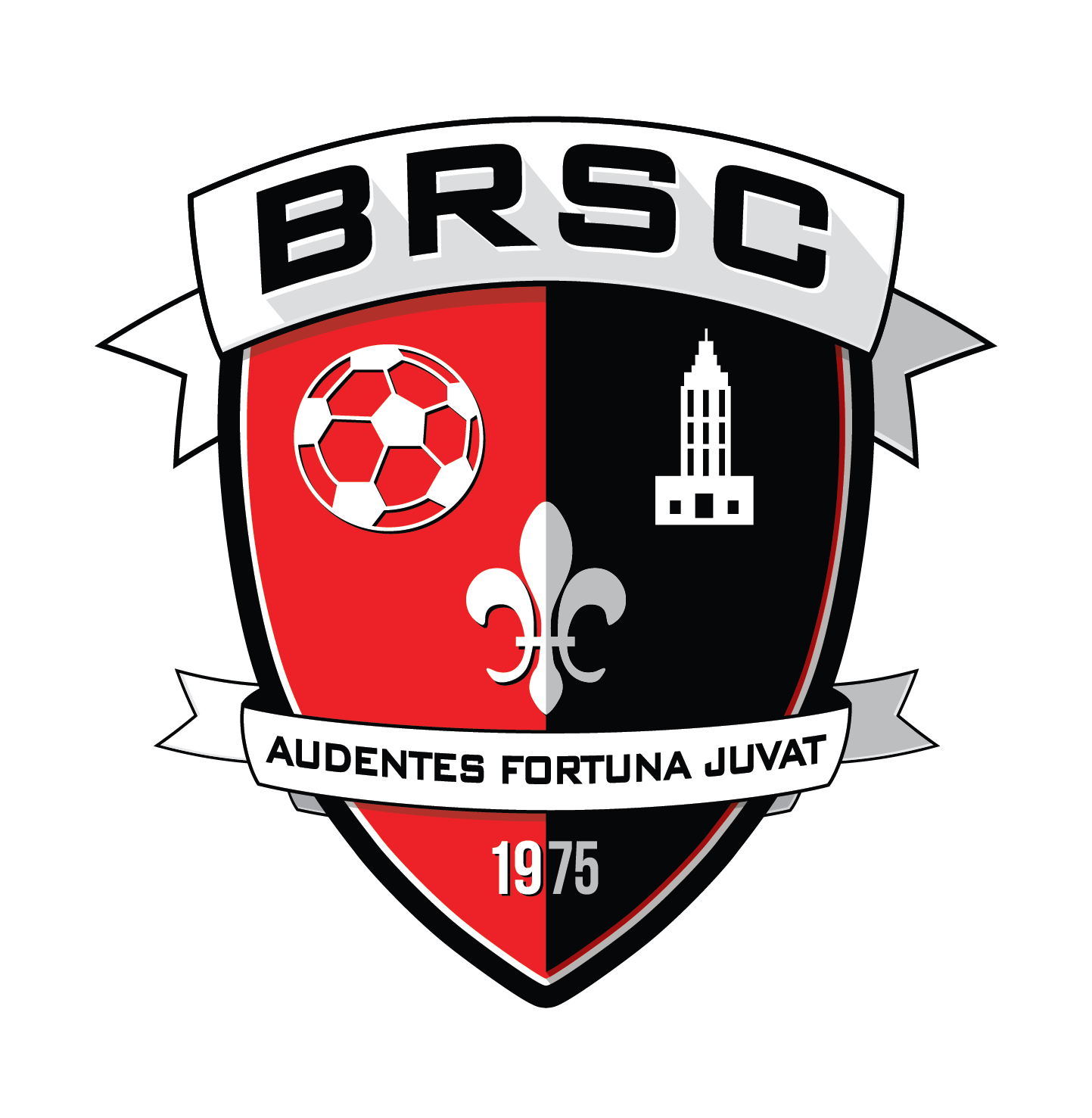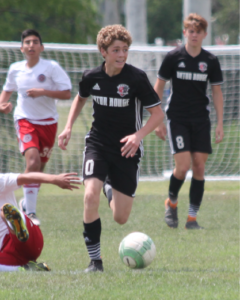Parent Education
Soccer has much to offer its young athletes. Unlike some sports, soccer is truly a team game. As players advance to 7v7 and beyond, it will become more apparent. Soccer requires quick, creative thinking paired with strength, flexibility, and endurance. The beauty of the game is that players without the ball remain actively involved in the game as they adjust positioning to set up for attacking runs or defensive shape.
While coaches may be able to instruct from the sidelines, players on the field dictate gameplay. Soccer allows players the creative freedom to solve problems in their unique way. There is no right or wrong way to handle every situation faced on the pitch. Players learn and grow through play. Parents must remain spectators in games, not active participants.
The best way for parents to foster a love and greater understanding of the game is to accept that children will fail and succeed on the field. Sometimes this happens in the same play. Your role as a parent is to avoid applying any additional pressure than is already present in the game. Cheer if you must, but let players play, coaches coach, and referees call the game. If you can do this, it will be a pleasurable experience out at the pitch for all. Remember, it's just a game, a beautiful game.
THINGS TO SAY TO YOUR CHILD BEFORE THEY PLAY.
Have fun. Play Hard. I love you!
THINGS TO SAY TO YOUR CHILD AFTER THEY PLAY.
Did you have fun? I am proud of you. I love you.
Parent Expectations
The role that parents play in the life of a soccer player has a tremendous impact on their overall experience. With this goal in mind, here some helpful reminders for all of us as we enjoy watching our loved ones play.
Help Keep Priorities Straight
Help your child maintain a focus on schoolwork, relationships and other things in life beside soccer. Also, if your child has committed to soccer, help them fulfill her obligation to the team.
Keep Soccer in Perspective
Soccer should not be larger than life for you. If your child's performance produces strong emotions for you, suppress them. Remember your relationship will continue with your children long after their competitive soccer days are over. Keep your goals and needs separate from your child's experience.
Monitor Your Child's Stress Level at Home
Keep an eye on the player and make sure that they are handling stress effectively from the various activities in their life. Be sure your child is eating the proper foods and getting adequate rest.
Support and Cheer for All Players on the Field
Foster teamwork. Remember that your child's teammates, as well as the opposing players, are not the enemy. When they are playing better than your child, your child now has an opportunity to learn.
Let the Coaches Coach
Leave the coaching to the coaches. This includes motivating, psyching your child up for practice, after game critiquing, setting goals, requiring additional training, etc. You have entrusted the care of your player to these coaches, and they need to be free to do their job. If a player has too many coaches, it is confusing, and their performance usually declines.
Have Fun!
That is what we will be trying to do! We will try to challenge your child to reach beyond their "comfort level" and improve themselves as a player, and thus, a person. We will attempt to do this in environments that are fun yet challenging.
Reality Test
If your child has come off the field when their team has lost, but they have played their best, help them to this is like a "win." Remind them to focus on the "process" and the things they can control and not the scoreboard. The athlete's fun and satisfaction should be derived from "striving to win."
Understand & Display Appropriate Game Behavior
Remember, your child's self-esteem and game performance is at stake. Be supportive, cheer, and be appropriate. To perform to the best of their abilities, a player needs to focus on the parts of the game they can control (fitness, positioning, decision-making, skill aggressiveness, etc.). If they start focusing on what they cannot control (the field condition, the referee, the weather, the opponent, even the outcome of the game at times), they will not play up to their ability.





